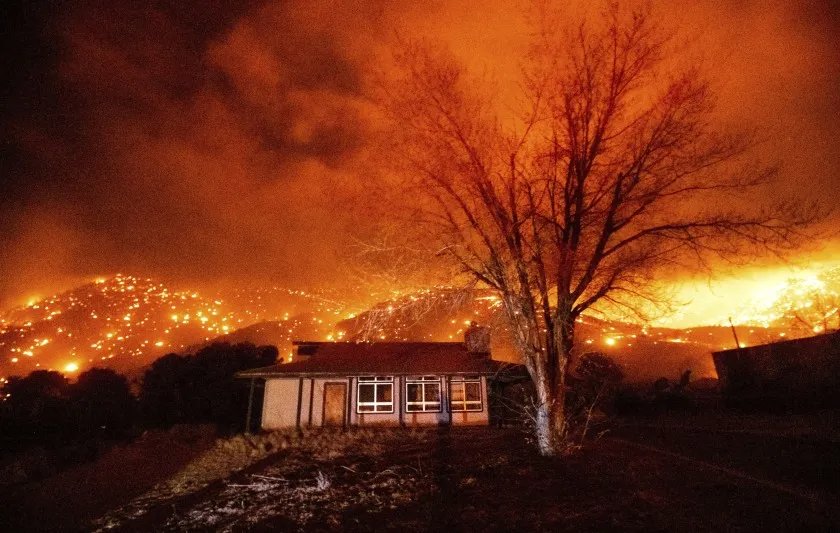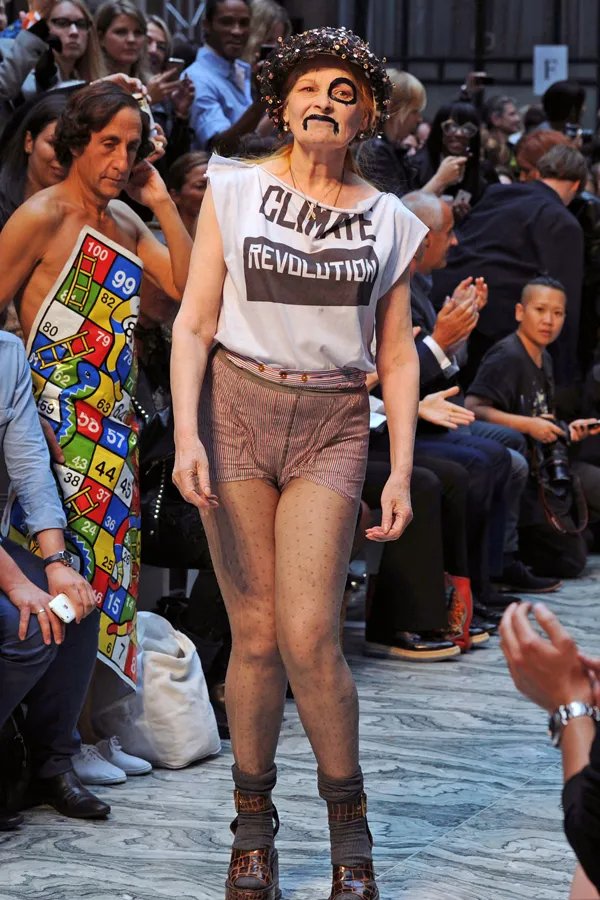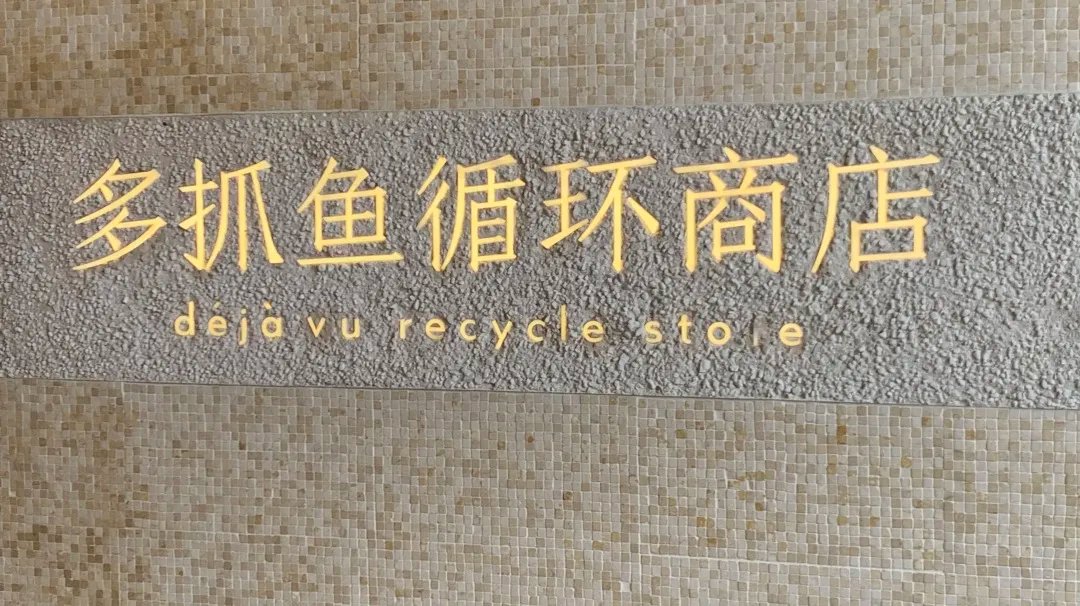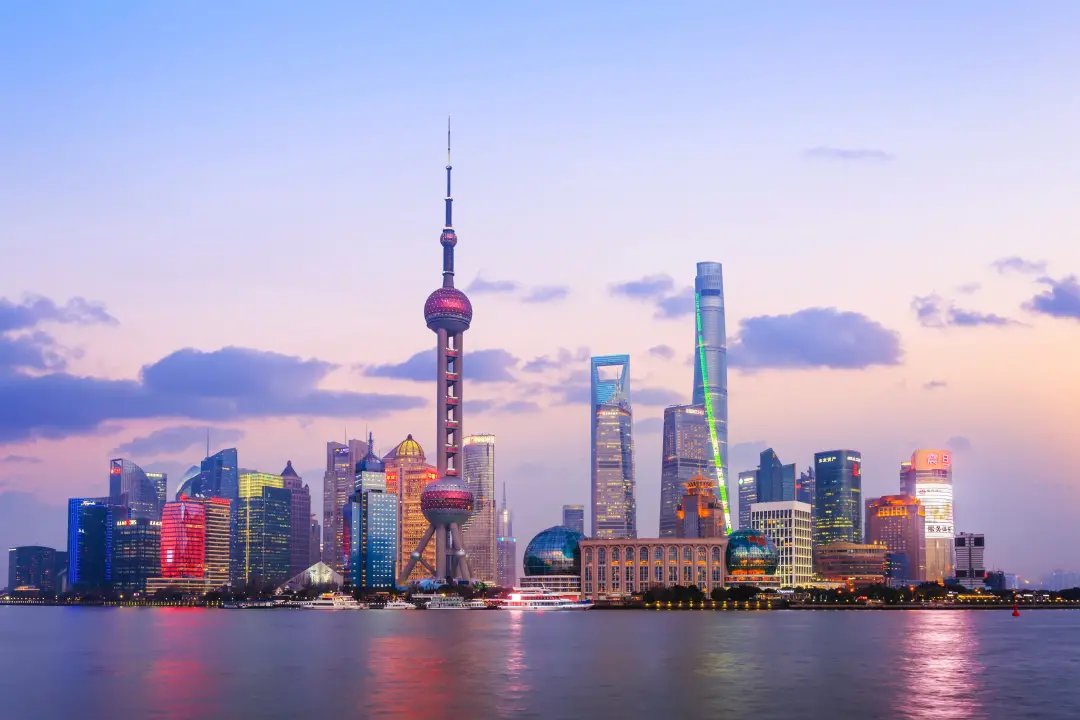菜单

According to the WMO Atlas of Mortality and Economic Losses from Weather, Climate and Water Extremes (1970 – 2019), there were more than 11 000 reported disasters attributed to these hazards globally, with just over 2 million deaths and US$ 3.64 trillion in losses. The report is the most comprehensive review of mortality and economic losses from weather, water and climate extremes to date. It assesses the entire 50-year period as well as by individual decade.

California Wildfire
Wildfires in the USA, Turkey and Australia, flooding in China and Germany caused by storms, these natural disasters that happened between 2020 - 2021 indicated that the consequence of extreme weather brought by global warming can be catastrophic.

A German town after flood

Henan, Zhengzhou in flood
Climate change is a global crisis that requires every country and region to work together. Confronting challenges brought by climate change, policies and industry structures need to be adapted. Sustainable development is now becoming an important criterion to evaluate an organisation and a country’s social responsibilities.

President Xi Jinping has announced in September 2020 that China will strengthen its 2030 climate target (NDC), peak emissions before 2030 and aim to achieve carbon neutrality before 2060.

Today, President Xi sent a congratulatory letter to the conference marking the inauguration of the International Research Center of Big Data for Sustainable Development Goals. In his letter, Xi noted that the founding of the centre is an important move to implement his call at the 75th Session of the United Nations (UN) General Assembly to support the UN 2030 Agenda for Sustainable Development, which sets clear goals for national development as well as global development and cooperation. The world is reeling under the huge impact of COVID-19. The sci-tech innovation and application of big data will help the international community to overcome difficulties and implement the UN 2030 Agenda globally, Xi said in his letter.

In the wave of sustainability development, the fashion industry particularly needs our attention. On the wall of Deja Vu Recycle Store in Anfu Road, Shanghai, some statistics are quite shocking: the fashion industry is the second-largest polluter in the world, just after the oil industry. The production of a pair of jeans will generate 7,500 litres of wastewater discharge. Wastewater caused by clothing manufacturing accounts for 20% of total global sewage discharge. From producing to burning a cotton T-shirt will emit 7 kilograms of carbon dioxide. The carbon emissions of clothing manufacturing account for 10% of the total global carbon emissions. Your different daily looks based on fast fashion are at the expense of our living environment.


In recent years, China's second-hand economy has been growing steadily. Deja Vu’s service has prompted more young Chinese to cast away old thinking of rejecting used things and to explore the value of used things. The company hopes for a win-win situation in the market, where buyers could dispose of used books and clothes more conveniently and buyers could purchase them at a bargain.

High-end French fashion brand Hermès recently joined forces with Californian mycelium-based material startup MycoWorks to unveil a mushroom-based ‘leather’ travel bag made from fine mycelium. The fungi-derived fabric, known as Sylvania, is billed as “the exemplar of a new generation of biotech materials.” To make it, the company grows mycelium—the network of filaments in fungus—in a way that emulates traditional leather. This process creates an interlocking cellular structure which reportedly gives the material strength and durability akin to cow skin.

After working with The Humane Society of the U.S. and LAV (an Italian-based animal welfare group), Gucci's joining of the Fur Free Alliance ensures the brand will stop all use of animal fur including mink, coyote, raccoon dog, fox, rabbit, karakul, and all other species specially bred or caught for fur, starting with its Spring 2018 collection.

For fashion lovers and entrepreneurs, you might still want to have a deeper insight into the impact fashion has on the environment and what fashion businesses are doing to tackle those issues. You have followed us quite a while and now it’s time for us to give back! On this Thursday, 9th Sep, the University of Manchester China Centre will be the Academic Supporter for BritCham Shanghai's first Sustainability & ESG Business Summit 2021. This summit gathers together British and Chinese business leaders, policymakers and thought leaders to discuss the latest trends and the future of sustainable best practices in China and around the world. You will have to opportunity to meet the Head of China Office, United Nations Global Compact, British Consul-General Shanghai, and Partner, Deal Advisory of KPMG China. Moreover, during the panel discussion from the UoM, you will have the chance to meet:

You will be able to listen to their discussion about the impact fashion has on the environment and what fashion businesses are doing to tackle those issues, get to know topics like Responsible Supply Chain; How to create and maintain a sustainable business; How ESG compliance can make or break a business, etc. However, the tickets are very limited for this summit (only 10 persons will be invited ). The standard price for one person is 700¥,the member price is 500¥. For those who are not members but want to be invited to this event, we have got you covered! Please click “read more” to register your information before today's 7 PM, successful candidates will be informed by us by email to get invited and you only need to pay the member price for the summit.

Let’s make our future together, see you on 9th Sep, Shanghai!
